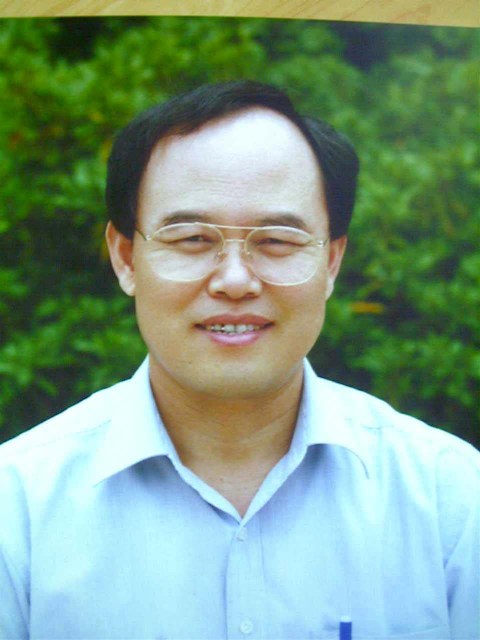Whenever I watch a sports game, it often occurs to me that the winning team deserves a win simply because they seemed to have something, not seen from the losing team, which made them willingly play their best. If you still remember the Korean national baseball team at the Olympic Games in 2008, you may remember how strongly they were tied together as a team. We were so happy to watch them encouraging each other in every game and eventually winning their gold medal. I understand the ‘something’ they had as ‘ethos’, a hidden source of spiritual willingness for the team. Lexically, ethos is the characteristic spirit of a culture, era, or community as manifested in its attitudes and aspirations.
If you wish to improve yourself, it would be a smart start if you just sit down and think seriously about the ethos you may carry in your heart. As a family member of POSTECH, you may also apply the same wisdom for POSTECH by thinking seriously about the ethos of your research team, of your department, and of POSTECH as a whole.
An ethos that has vividly guided a group of people or nation was often created by an inspiring leader. We remember Martin Luther King, Jr., who created an ethos triggered by his “l Have a Dream” speech in 1963, and we realize today how much this ethos has changed the United States of America into a nearly color-blind society. During the first decade after POSTECH was founded in 1986 with the dream of becoming a world-leading research-oriented university, most Postechians then seemed to share a kind of ‘ethos’ well recognized among them. It was ‘Yes, we will make it happen’. The founding college president, Dr. Hogil Kim, was the one who provided the vision, strongly supported by Posco, and created the ethos by heartily encouraging people leaving no one unattended. He used to ask his first question to a new coming physics faculty member, “When do you expect to win your Nobel?” Who would dare to answer such a question without murmuring? But he looked so serious, even though a generous smile promptly followed. His vision might have sounded like a great hoax to outsiders, but most Postechians were strongly united with the same ‘ethos’ in their hearts.
Ethos seems to evolve with time. Now I am pondering how the ethos we once had in unison has changed. The present ethos partly reflected in the recent reports from the POSTECH Faculty Senate appears much less promising than the pleasing news from ‘The Times-Thomson Survey’ does. It sounds more like an old pop-song, ‘Some people run, some people crawl, some people never die and some never live, sometimes I am satisfied, sometimes I am not…’ My point here is not just to expose the ethos sporadic among people these days but to say that we certainly need to convert this saggy ethos into a more sound and promising one if we truly want to make another quantum leap for POSTECH in the coming years. We know that if all 5000 vectors, representing the whole POSTECH family, are randomly oriented, their vectorial sum simply vanishes. Even if some of the vectors face forward while the others remain opposite, the sum may still be minimal. The new ethos thus has to be built in a mutually inspiring and supporting spirit, much more than ‘you scratch my back and I scratch yours’, to align all these vectors spontaneously along the same direction. Hopefully this may soon be initiated by some inspired servant, making all Postechians move in phase and willingly play their best.
Let’s remember that we still have a dream to go forward. Someday, more prominent people will gather together from all over the world to do their leading-edge research, not just to boast of themselves with their achievements but to humbly devote themselves in promoting the quality of human life at a world-leading place, POSTECH.
 | ||
| тЦ▓ Professor Jinwook Chung of the Department of Physics | ||


